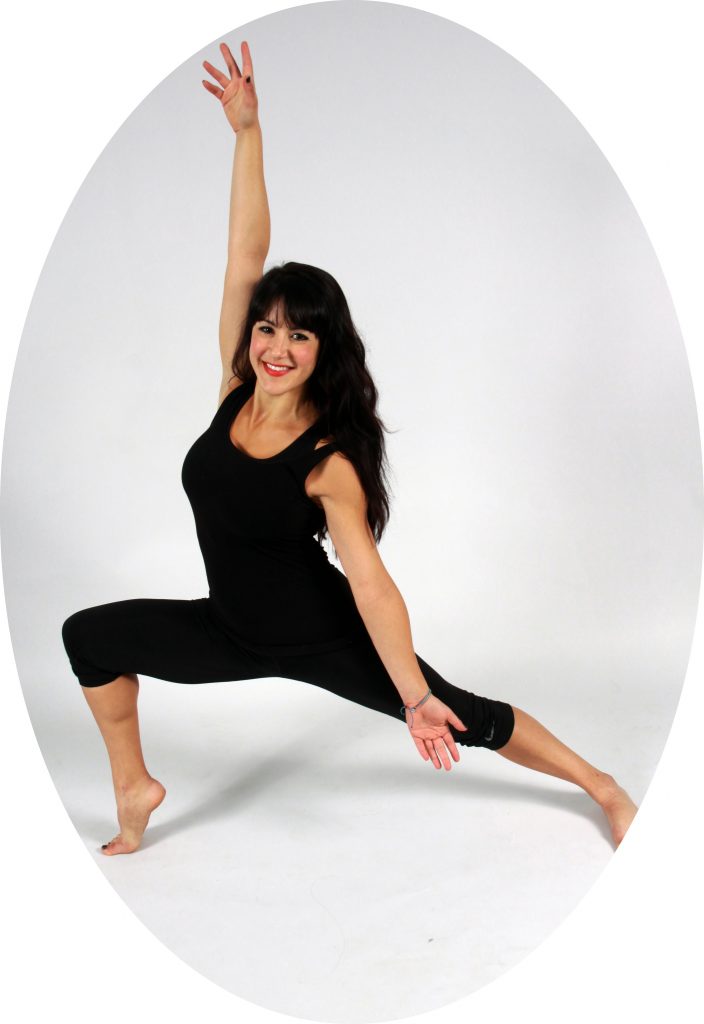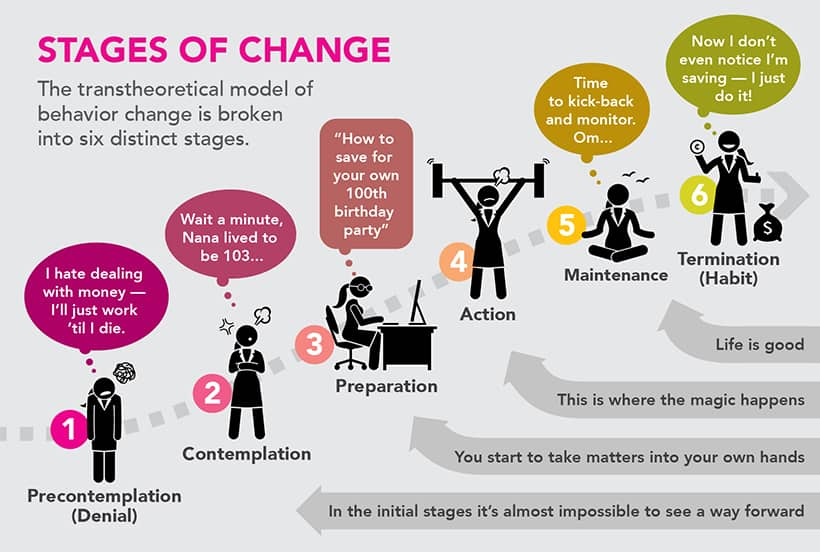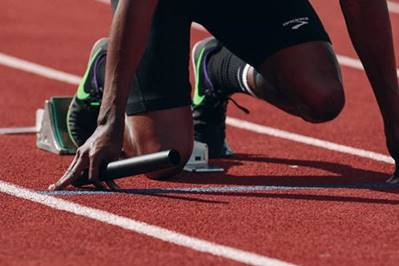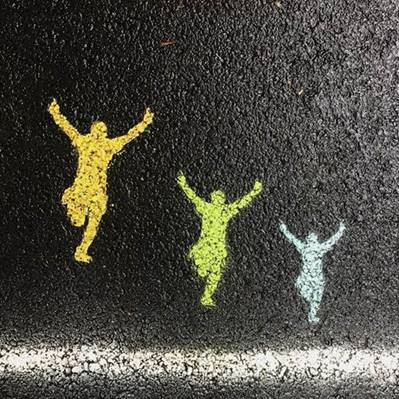 I speak with many people who are interested in living differently regarding their health behavior change. MANY. Most people actually are in the process of wanting to improve something about the way they take care of their bodies and minds. Here’s where it gets real varied: WHERE they are in their process. Did you know this sort of thing has been studied?… Voraciously! When I first learned about the Transtheoretical Model of Behavior Change or Stages of Behavior Change Model, I thought, BORING. But being in practice for over 12 years, I see this Change Model play out with most people and how it can be used to your advantage. Like for real for real.
I speak with many people who are interested in living differently regarding their health behavior change. MANY. Most people actually are in the process of wanting to improve something about the way they take care of their bodies and minds. Here’s where it gets real varied: WHERE they are in their process. Did you know this sort of thing has been studied?… Voraciously! When I first learned about the Transtheoretical Model of Behavior Change or Stages of Behavior Change Model, I thought, BORING. But being in practice for over 12 years, I see this Change Model play out with most people and how it can be used to your advantage. Like for real for real.
Let’s dig in.

How to Get Started With Changing Your Behavior

It doesn’t matter what you wish to change; there is no single solution that works for everyone. That’s why fad diets don’t ever work long term (think past 5 years). You may have to try several different techniques, often through a process of trial-and-error, to achieve what you wish to achieve.
This is the period when people are over it and give up. This is a perfect opportunity for flexible thinking!
The Elements of Change
To succeed, you need to understand the three most important elements in changing a behavior:
· Readiness to change: Do you have the resources and knowledge to make a lasting change successfully?
· Barriers to change: Is there anything preventing you from changing?
· Expect relapse: What might trigger a return to a former behavior?
Stages of Change Model
One of the best-known approaches to change (as mentioned above) is known as the Stages of Change or Transtheoretical Model, which was introduced in the late 1970s by researchers James Prochaska and Carlo DiClemente who were studying ways to help people quit smoking. The Stages of Change Model has been found to be an effective aid in understanding how people go through a change in behavior.
In this model, change occurs gradually and relapses are an inevitable part of the process of making a lifelong change. People are often unwilling or resistant to change during the early stages, but they eventually develop a proactive and committed approach to changing a behavior. See??? HOPE! But it takes TIME and courage.
This model demonstrates that change is rarely easy and often requires a gradual progression of small steps toward a larger goal. Let’s go through the 6 stages of change:
1. Precontemplation
Not ready. Not now.
What Can Hold You Back: A sense that making the necessary changes will require too much work or discomfort. Hopelessness from previous failed attempts. Limiting beliefs about what is possible or permissible for you.
What Moves You Forward: A positive or negative life event. Becoming aware of the negative consequences of not changing. Recognizing that benefits of changing might be worth it. Challenging old beliefs. Developing a stronger sense of self-worth and confidence.
2. Contemplation
Maybe soon — thinking about it.

What Can Hold You Back: Lacking a powerful sense of urgency or motivation. Difficulty balancing competing priorities. Fear of change. A sense that now isn’t the time, or that you aren’t equipped to make the change you desire.
What Moves You Forward: Feeling excited about the possibility of a positive shift in your life. Connecting with core motivations. Being inspired by role models or success stories. Experiencing “last straw” negative consequences of old behaviors. An incentive or change in your environment. Learning a new skill or acquiring a new perspective.
3. Preparation:
Ready, taking small steps.

What Can Hold You Back: Underestimating your need to prepare, and skipping straight to the action phase without adequate skills, knowledge, or confidence. Being afraid to ask for or acknowledge that you need help. Not knowing where to turn for information and support.
What Moves You Forward: Taking initial steps, such as doing research, acquiring equipment, or engaging a coach or mentor. Establishing a start date on the calendar. Telling friends and family about your plan to change. Building excitement and confidence by accomplishing preparatory actions.
4. Action
Doing the healthy behavior.

What Can Hold You Back: Expecting tangible results too quickly. Resistance to change. Fear of failure, feeling inept. Slipping into old behaviors out of stress or habit. Competing commitments. Lacking social support. Insisting on perfection rather than progress.
What Moves You Forward: Developing good support systems. Prioritizing key activities. Focusing on action, not just outcomes. Addressing and overcoming obstacles as they come up. Celebrating small successes. Treating setbacks and challenges as opportunities for self-discovery. Evolving your goals.
5. Maintenance
Keeping on.

What Can Hold You Back: Hitting a plateau. Getting bored or distracted. Losing track of your original motivation after an initial success. An unexpected setback or injury. Feeling depleted, tired, or overwhelmed by life events.
What Moves You Forward: Continuing to hone supportive and stress-management skills. Avoiding situations that could trigger relapse. Spending time with others who engage in the same positive behaviors or attitudes. Focusing on refinement, awareness, and mastery.
6. Termination
Change fully integrated. Not going back.

It can take a few rounds

The path between stages is rarely straightforward. Most people relapse at some point and recycle through one or more stages (see the illustration, “Spiral model of the stages of change”). For example, if you relapse during the maintenance stage, you may find yourself back at the contemplation or preparation stage. One study found that smokers cycled through the “action” stage three or four times, on average, before they succeeded in quitting.
Relapse is common, perhaps even inevitable. You should regard it as an integral part of the process. Think of it this way: you learn something about yourself each time you relapse. Maybe the strategy you adopted didn’t fit into your life or suit your priorities. Next time, you can use what you learned, make adjustments, and be a little ahead of the game as you continue on the path to change.
Here for you,
Miriam (MPH, RD, CPT, Certified Intuitive Eating Counselor, Studio SWEAT Dietitian)
Resources:
1. https://www.verywellmind.com/the-stages-of-change-2794868
2. National Institute of Diabetes and Digestive and Kidney Diseases (NIDDK). Support your Patients with Behavior Change Strategies.
3. Prochaska JO, Velicer WF. The transtheoretical model of health behavior change. Am J Health Promot. 1997;12(1):38-48. doi:10.4278/0890-1171-12.1.38
4. Mastellos N, Gunn LH, Felix LM, Car J, Majeed A. Transtheoretical model stages of change for dietary and physical exercise modification in weight loss management for overweight and obese adults. Cochrane Database Syst Rev. 2014;(2):CD008066. doi:10.1002/14651858.CD008066.pub3
5. LaMorte. The Transtheoretical Model (Stages of Change). Boston University School of Public Health. Updated September 9, 2019.









Comments - 2